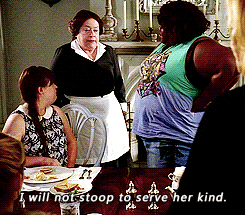I recently came across this link on Facebook; it is a collection of nine, two sentence horror stories (http://canyouactually.com/9-of-the-most-terrifying-two-sentence-horror-stories-ever-told/). Although all were eery, number two terrified me because it dealt with my long-lost (or so I had thought) fear of nightmares.
(You might want to read the second story before reading this!)
Number two describes a scenario where the author is met with a terrifying monster at 12:07 AM. When the monster starts to push her “long rotting nails” through the author’s chest, he or she wakes up. The author is relieved that it was only a nightmare but then notices that it is only 12:06 AM. At that moment, he or she hears the closet door creak open.
Ever since I was a little kid I was scared to go to sleep because I felt vulnerable to my mind. I had no way to defend myself against any of the terrifying images or scenes my mind would conjure up. Usually when people wake up from a nightmare, they are instantly comforted by the relief of knowing it was all fake. In my case, there was no relief when I woke up. In the darkness of my room, I felt my heart beating out of my chest and remembered the terror I had just experienced. In a sense, the author of this story shares a similar experience with me. He or she woke up from a nightmare only to find that he or she was still being terrorized by it. Although my nightmares obviously never materialized into reality (knock on wood), my mind was still centered around that feeling of horror.
I have not had any nightmares for years, so I had “forgotten” about my fear. However, this story has brought it back into my mind and I can’t help but wonder why I am so afraid of having a nightmare. Perhaps I am so scared of them because I do not know what provokes them. To me, they were always entirely unpredictable.
Can we actually conquer a fear? Or do we simply “forget” it until something triggers it? And more importantly, why did Facebook ruin my life?




